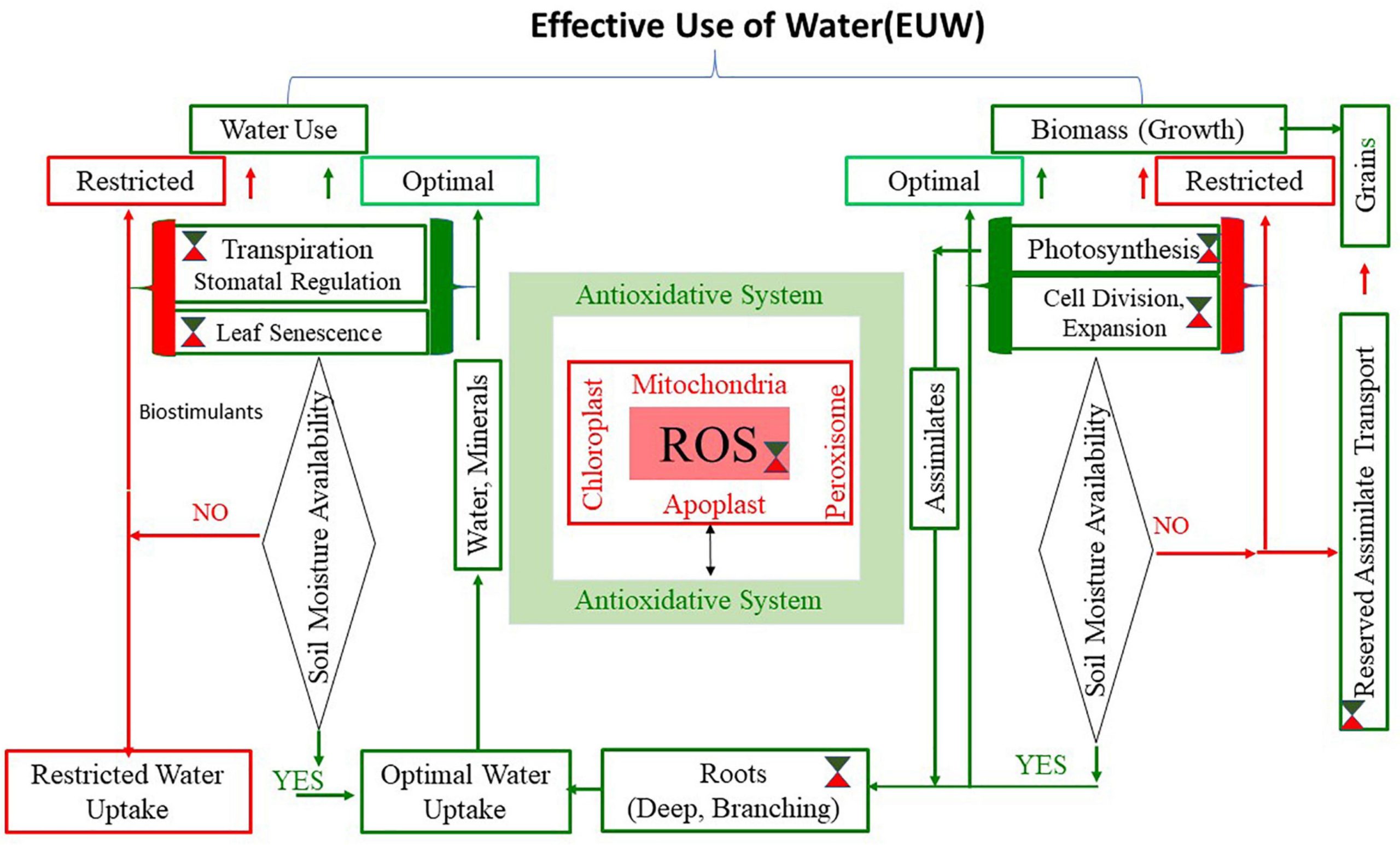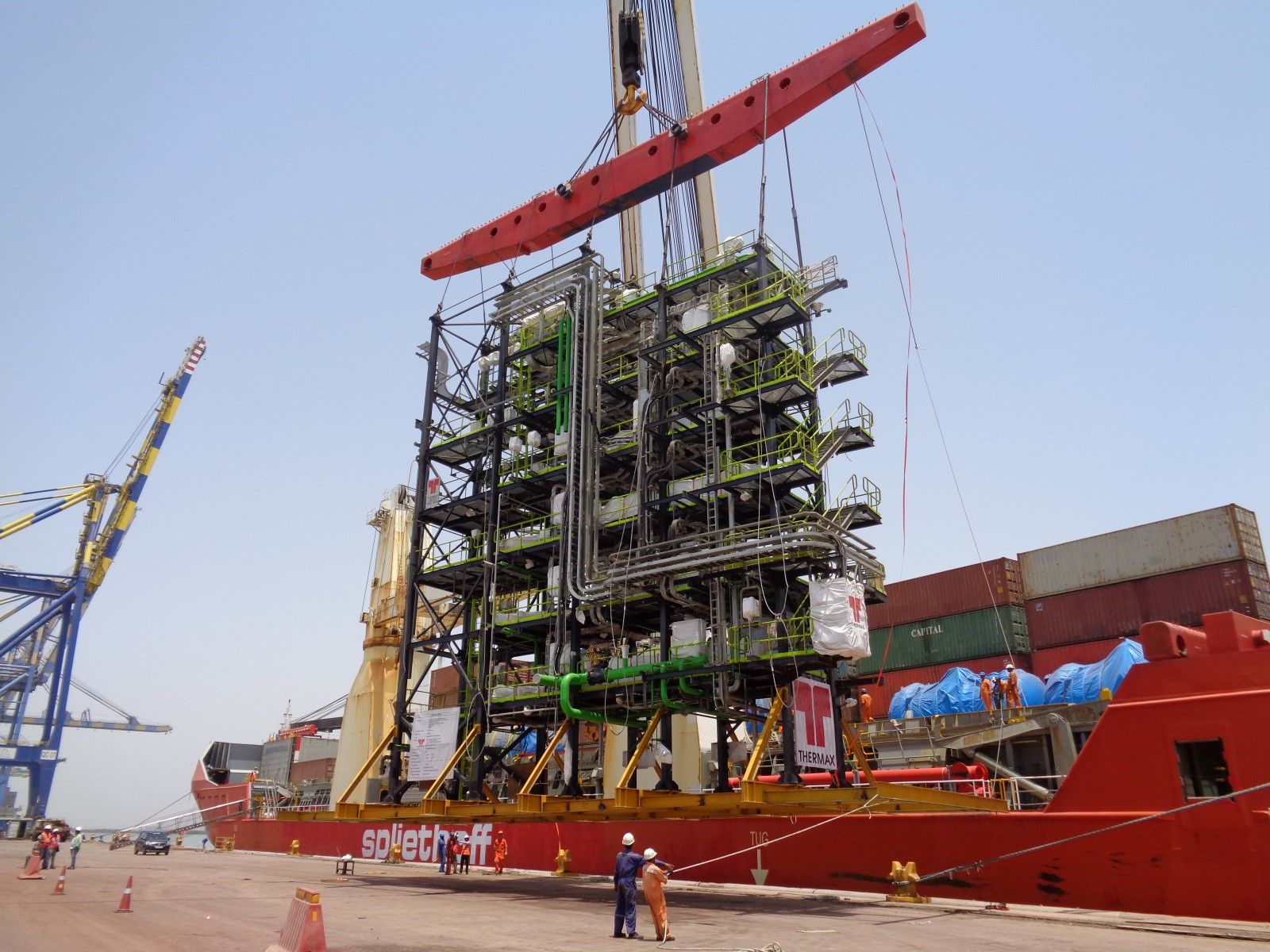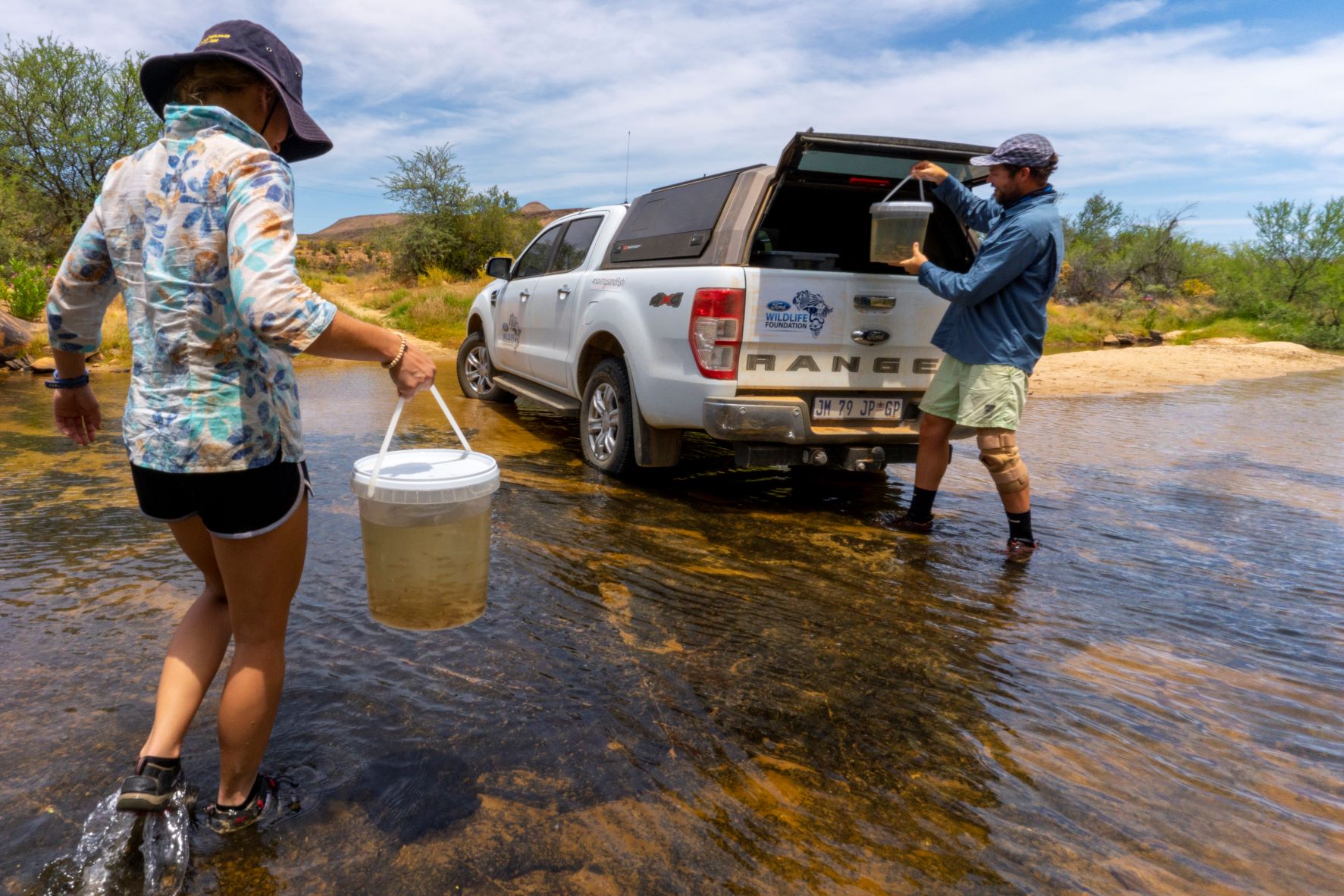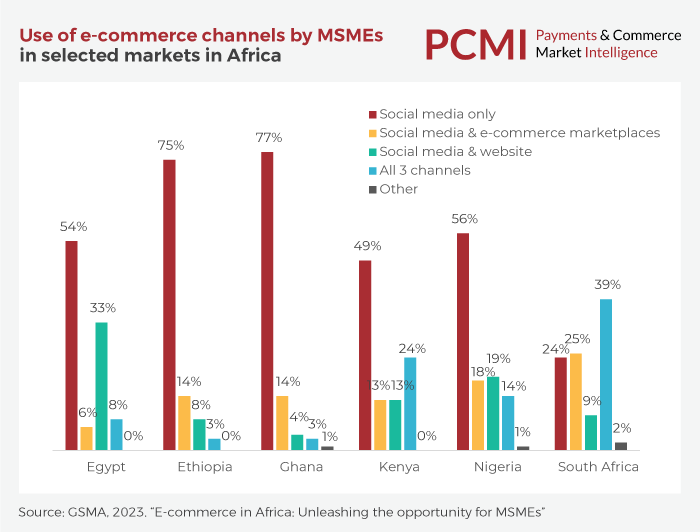The Souss Massa region in Morocco is facing an escalating challenge of water scarcity due to six consecutive years of drought and record-breaking heat waves. This persistent environmental stress has created immense pressure on freshwater resources, affecting not only households and businesses but also a crucial sector of the economy—agriculture. Water scarcity in this region is not just a short-term issue but a chronic challenge that requires strategic and sustainable management to ensure future resilience.
1. Strategic Water Management
The management of water resources in Souss Massa has evolved into a highly strategic process. Policymakers are working proactively to balance the needs of various sectors while conserving limited freshwater supplies. As Rachid Boukhenfer, the regional council’s vice president in charge of economic development, highlights, the key to overcoming water scarcity lies in comprehensive planning and innovative solutions. Efforts include prioritizing water reuse and recycling technologies to reduce dependence on natural water bodies, thereby sustaining agricultural productivity and supporting local communities.

2. Agriculture’s Role and Challenges Under Water Scarcity
Agriculture is the backbone of Souss Massa’s economy, employing nearly half of the workforce and generating significant export revenues, especially in early fruits and citrus products. However, the persistent water scarcity presents a direct threat to this vital sector. Farmers face challenges in accessing sufficient irrigation water, which can jeopardize crop yields and quality. To mitigate these risks, the region emphasizes sustainable irrigation practices, including drip irrigation and water-efficient technologies that optimize water usage without compromising output.
3. Wastewater Treatment and Recycling as Key Solutions
Central to the region’s approach to combatting water scarcity is the M’zar wastewater treatment plant. Established in 2002, this facility treats wastewater from multiple cities and reuses treated water for irrigation and urban green spaces. Recycling wastewater alleviates pressure on freshwater resources and contributes to environmental protection by reducing discharge pollution. Currently undergoing expansion, the plant will double its capacity to 24 million cubic meters per year by 2026, further bolstering the region’s sustainable water supply.

4. Energy Efficiency in Water Management Amid Scarcity
Innovative approaches to energy use in water treatment play a critical role in Souss Massa’s sustainable water strategy. The expanded M’zar plant incorporates biogas generation from sludge, reducing reliance on the national electricity grid. This feature enhances the plant’s energy autonomy by 40%, aligning water treatment efficiency with environmental sustainability goals. Such synergy between water management and renewable energy is essential to tackling the multifaceted challenges of water scarcity.
5. Complementary Desalination Efforts
To further counteract water scarcity, the region has introduced the solar-powered desalination plant in Agadir. Operational since 2022, this facility produces up to 275,000 cubic meters of fresh water daily, with plans to increase capacity to 450,000 cubic meters. The desalination plant supplies drinking water and irrigation needs, complementing wastewater recycling initiatives and reinforcing Souss Massa’s leadership in sustainable water management.

For more on sustainable water initiatives, visit African Business.
Discover more related topics at Mauritiusbizmonitor Latest Articles.
6. The Socioeconomic Impact in Souss Massa
Water scarcity significantly influences the socioeconomic fabric of the Souss Massa region. With agriculture employing nearly 50% of the workforce, shortages in water supply directly affect livelihoods and economic stability. Farmers and laborers face unpredictable incomes due to fluctuating crop yields caused by insufficient irrigation. The regional government’s initiatives to enhance water management are thus crucial for safeguarding employment and sustaining export revenues. Addressing water scarcity in Souss Massa is not only an environmental imperative but a social and economic necessity.
7. Innovations in Irrigation Techniques to Combat Water Scarcity
To mitigate the adverse effects of water scarcity, farmers in Souss Massa are adopting cutting-edge irrigation methods such as drip irrigation and sensor-based water management systems. These technologies optimize water use by delivering precise amounts directly to plant roots, minimizing wastage. Training programs and government subsidies support this transition, increasing agricultural resilience. Such innovations have helped maintain crop productivity even in the face of persistent drought, underscoring the region’s commitment to sustainable agriculture under water-limited conditions.

8. The Role of Policy and Community Engagement in Managing Water Scarcity
Effective management of water scarcity requires collaboration between policymakers, local communities, and stakeholders. Souss Massa’s regional council emphasizes transparent governance and participatory approaches to water resource management. Public awareness campaigns educate residents on water conservation practices, while regulations enforce sustainable water use. The synergy between policy frameworks and grassroots engagement ensures that water scarcity challenges are tackled comprehensively, promoting long-term regional resilience.
9. Environmental Benefits of Addressing Water Scarcity Sustainably
Combatting water scarcity through sustainable practices yields significant environmental benefits. Recycling wastewater reduces pollution in downstream ecosystems and preserves biodiversity in the Souss Massa National Park. Energy-efficient wastewater treatment decreases greenhouse gas emissions. Furthermore, desalination powered by solar energy minimizes reliance on fossil fuels. These eco-friendly initiatives highlight how addressing water scarcity can harmonize economic development with environmental stewardship, setting an example for other drought-prone regions.
10. Future Outlook: Strengthening Water Scarcity Resilience in Souss Massa
Looking ahead, Souss Massa is poised to strengthen its resilience against water scarcity through ongoing infrastructure investments and innovative projects. Expansion of treatment plants and desalination capacity will increase water availability, while continuous adoption of water-saving technologies will optimize use. Regional leadership remains committed to integrating sustainable water management with climate adaptation strategies, ensuring that agriculture, industry, and communities thrive despite environmental challenges.
11. Advanced Water Recycling Techniques in Souss Massa
Water scarcity remains a pressing challenge, yet Souss Massa continues to innovate in recycling techniques. Advanced membrane bioreactors and tertiary treatment processes are being tested to further improve water quality and reuse potential. These technologies allow treated wastewater to meet stringent safety standards for agricultural and even industrial applications. Continuous research and investment in such cutting-edge solutions demonstrate the region’s dedication to overcoming water scarcity through sustainable and efficient resource management.
12. Community-Based Water Conservation Initiatives
Recognizing the importance of grassroots participation, Souss Massa has launched several community-based programs to promote water conservation. These initiatives educate farmers and residents about efficient water use, drought-resistant crops, and rainwater harvesting. By empowering local communities with knowledge and resources, the region ensures that tackling water scarcity becomes a shared responsibility, fostering resilience and environmental stewardship at every level.
13. Economic Incentives Driving Water Efficiency
To encourage adoption of water-saving technologies, the regional government offers economic incentives including subsidies, tax breaks, and grants. These incentives reduce the financial burden on farmers and businesses investing in modern irrigation systems and wastewater reuse facilities. Such policies are critical in accelerating the shift towards sustainable water management, helping mitigate the effects of water scarcity while maintaining economic growth.
14. Integrating Climate Change Adaptation with Water Scarcity Strategies
Souss Massa integrates climate change adaptation measures within its water scarcity strategies. By forecasting drought patterns and extreme weather events, the region improves water allocation and infrastructure planning. Climate-resilient crops and diversified farming systems are promoted to reduce vulnerability. This holistic approach ensures that water scarcity solutions remain effective under changing climatic conditions, securing the region’s agricultural future.
15. Partnerships and International Collaboration in Water Management
Addressing water scarcity in Souss Massa also benefits from partnerships with international organizations and research institutions. These collaborations bring technical expertise, funding, and innovative technologies. For example, joint projects focus on improving desalination efficiency and expanding renewable energy use in water treatment. Such alliances enhance regional capacity and showcase Souss Massa as a model for sustainable water management in drought-prone areas.


Learn more about innovative water management at African Business.
Explore related business news on Mauritiusbizmonitor.




